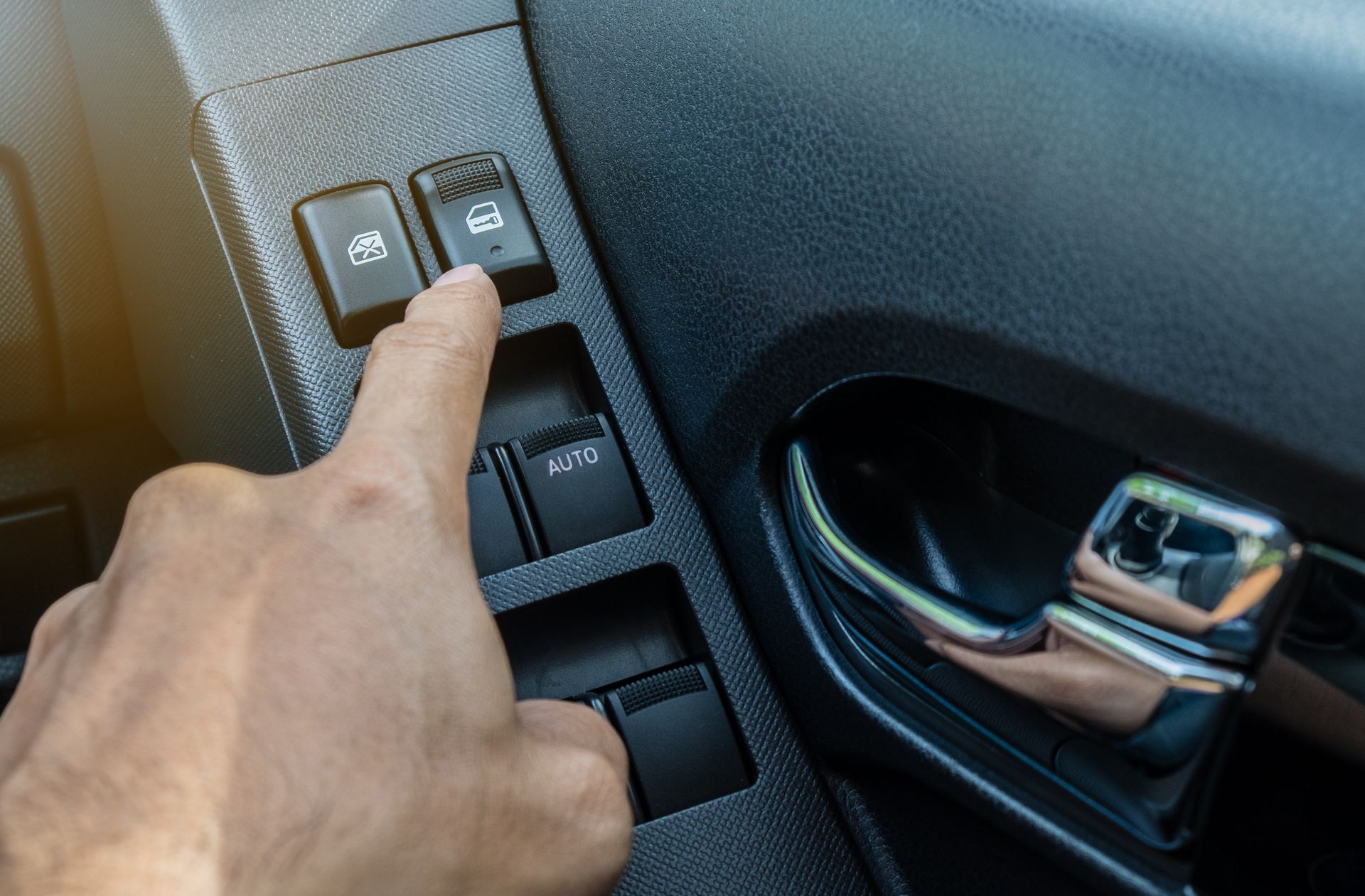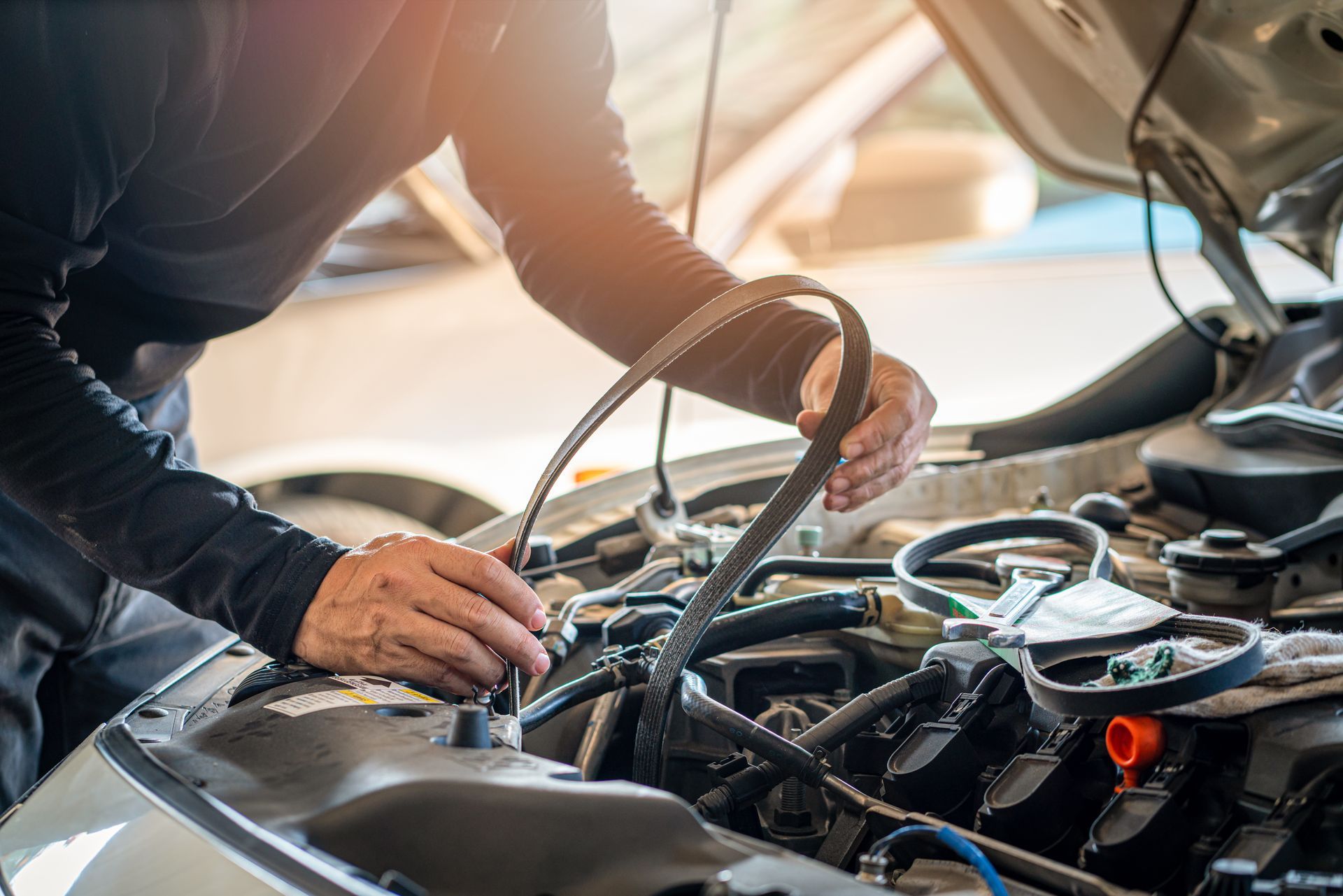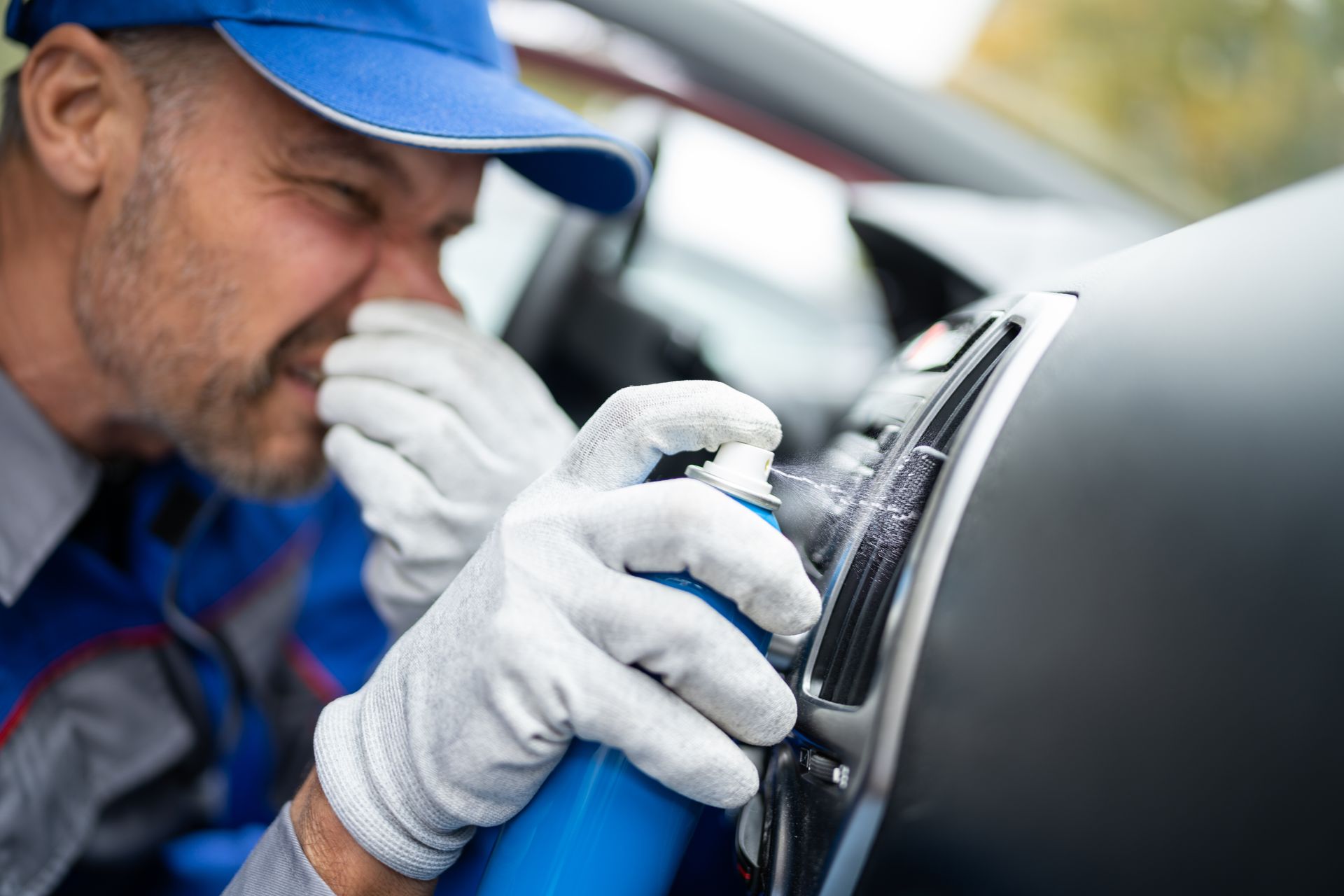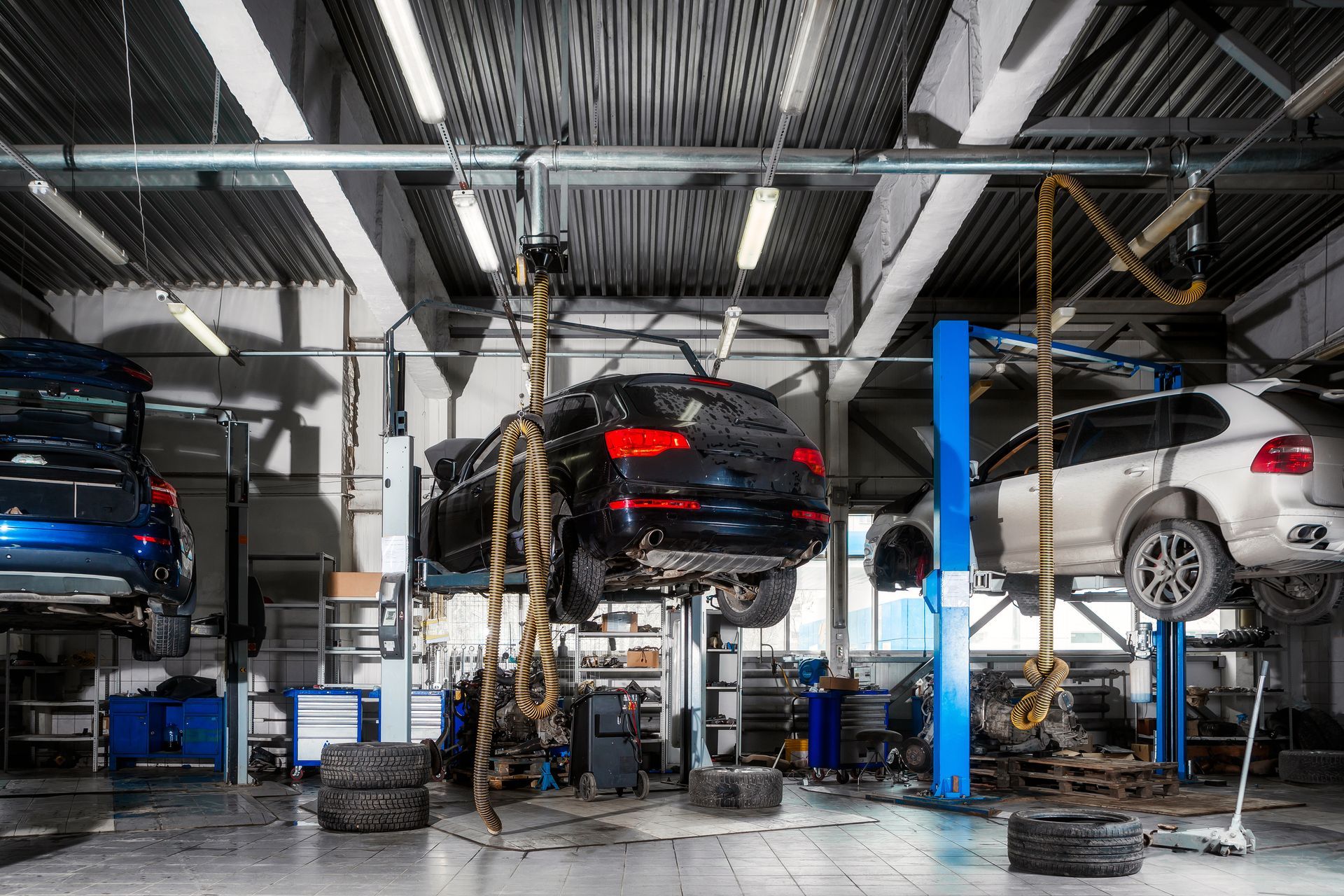You're heading out the door, ready to start your day, and your car won't start. No clicking, no cranking—just silence. You think, "But it was working fine yesterday!" When a car battery dies without warning, it can feel sudden and unfair—but it’s more common than you might expect. Modern batteries don’t always show obvious signs of trouble before giving out, and that can catch even the most responsible drivers off guard.
Let’s find out why this happens, what to watch for, and how to protect yourself from getting stranded by a surprise dead battery.
Batteries Don’t Always Fail Gradually
Unlike older cars that would give hints—a dimming dome light, slow cranking, or flickering dashboard—many newer vehicles manage power so well that those early signs don’t appear. Today’s cars are packed with electronics that rely on battery power even when the engine isn’t running. And because systems like automatic start-stop, keyless entry, and infotainment systems draw power even when the car is off, a battery that’s near the end of its life can drop to zero overnight.
In other words, it might seem fine one minute and fail the next. The battery may still have voltage but no longer enough current to crank the engine.
Sudden Failure
A car battery might look fine on the outside, but inside, it's a chemical system. Over time, the battery's internal plates corrode, and the electrolyte becomes less effective. One cell failing inside the battery is enough to stop the whole thing from functioning properly. And unfortunately, this kind of degradation can’t always be seen from a basic visual inspection.
Some batteries even develop internal shorts, where the plates warp or collapse. This condition can cause sudden, complete failure—especially in hot climates or after repeated deep discharges.
Temperature Extremes
Both heat and cold affect battery performance. Hot weather accelerates chemical wear inside the battery, shortening its lifespan. Then, when winter hits, the cold thickens engine oil and reduces the battery’s ability to deliver power.
That’s why many batteries seem to die right when the first cold front arrives—they were already weak from the summer heat, and the cold just finished them off. In places like Reno, NV, where seasonal temperature swings are common, this effect is even more pronounced.
Short Trips
If you’re mostly using your car for quick errands, you could be slowly draining your battery without realizing it. The alternator needs time to recharge the battery after starting the engine. If you only drive for a few minutes at a time, the battery never fully recovers, and the slow drain builds up over time.
Eventually, your battery may no longer have the charge it needs to start the car—even if you drove it earlier that day.
Parasitic Drains
Parasitic battery drains happen when something in your car continues to draw power after the ignition is off. It could be something simple like a glovebox light that won’t shut off or more complex like a malfunctioning control module.
These kinds of drains are sneaky and may take days or even weeks to drain the battery fully. If your car sits unused for a day or two and suddenly won’t start, a parasitic draw could be the cause.
Don't Get Caught Off Guard
While there’s no way to guarantee a battery won’t fail without warning, there are a few steps you can take to reduce the chances:
- Have your battery tested at least once a year, especially if it’s more than three years old.
- Pay attention to slow cranking or dim interior lights—even if they seem minor.
- Clean corrosion off terminals and ensure connections are tight.
- Use a battery maintainer if your car sits unused for long periods.
- Avoid running electronics with the engine off for extended periods.
NonStop Auto – Battery Testing and Replacement in Reno, NV
If your battery is older or acting up, stop by
NonStop Auto in Reno, NV, for a fast, professional battery check. We’ll let you know if it’s still reliable or due for a replacement—and if you're having starting issues, we’ll inspect your entire starting and charging system to find the cause.






